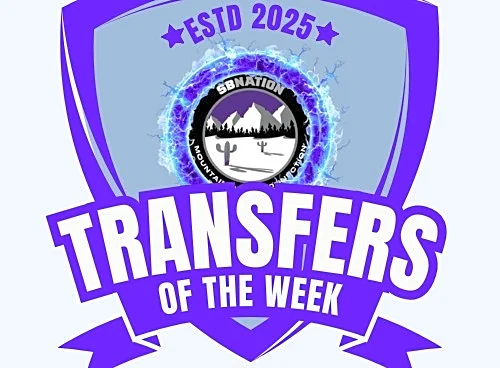What's Happening?
The U.S. State Department has issued a wildlife alert to Americans in Japan due to an increase in bear attacks and sightings, particularly in northern regions such as Hokkaido and Akita Prefectures. Since
April, bears have killed 13 people, marking the highest number of fatalities since records began in 2006. The alert advises Americans to avoid areas with bear sightings and to report any encounters to local authorities. The Japanese government has deployed troops to manage the situation, and some police have been authorized to shoot the animals. The State Department encourages U.S. citizens to register for the Smart-Traveler Enrollment Program for easier access to security messages.
Why It's Important?
This warning highlights the unusual nature of wildlife-related travel advisories from the U.S. State Department, which typically focus on political or health-related issues. The increase in bear attacks in Japan is attributed to factors such as climate change affecting hibernation schedules and the country's aging rural population, which has led to bears expanding their range into human-populated areas. The situation poses a significant risk to travelers and residents, emphasizing the need for heightened awareness and precautionary measures.
What's Next?
Japanese authorities are likely to continue deploying resources to manage the bear population and prevent further attacks. The U.S. State Department may update its travel advisory based on developments. Local governments in Japan might implement additional measures to protect residents and tourists, such as increased patrols and public awareness campaigns. The situation could prompt discussions on wildlife management and conservation strategies in Japan.
Beyond the Headlines
The bear attacks in Japan underscore broader environmental and societal challenges, including the impact of climate change on wildlife behavior and the consequences of demographic shifts in rural areas. These factors contribute to increased human-wildlife conflicts, necessitating innovative solutions to balance conservation efforts with public safety.











